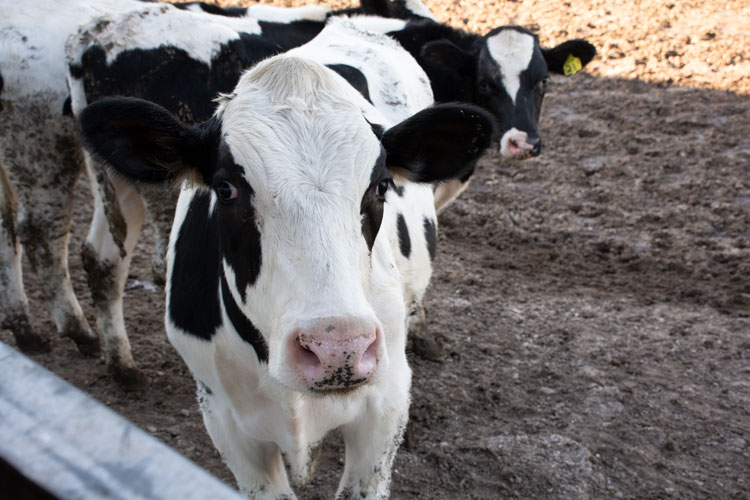Federally-backed study finds that hemp-fed cows are more relaxed
A new study recently featured in the journal Scientific Reports suggests that hemp, the non-psychotropic plant relative of cannabis, minimizes stress levels in cows and makes them more relaxed.
According to the assistant professor of beef production medicine at the Kansas State University College of Veterinary Medicine, Mike Kleinhenz, cattle that are fed industrial hemp tend to be less stressed.
“We might have a more natural way to reduce stress in cattle and we’re just starting to scratch the surface on some of the benefits,” he wrote in the report.
Hemp is a variety of the cannabis Sativa plant species that does not grow with more than 0.3 percent of the psychoactive compound THC (tetrahydrocannabinol). It does, however, contain plenty of the therapeutic cannabinoid CBD (cannabidiol).
Discover of hemp’s influence on cattle could benefit ranchers
No farmer wants his cattle to be stressed. Higher stress levels may contribute to a reduction in feed intake which, consequently, can reduce a cow’s fatty acid production and contribute to ruminal acidosis.
Stress can also make the process of weaning cattle and transferring them to feedlots a lot more difficult for ranchers. Fortunately, hemp may promote stress relief in cattle, according to researchers at Kansas State University.
The team claim that the natural plant’s remedial qualities could help to reduce stress-associated diseases and other maladies in cattle; particularly among animals that are weaning off of their mothers.
In order to reach their conclusion, Kleinhenz’s team of researchers assessed 16 Holstein steers over a two-week period. During that period, the team monitored half of the steers after consuming traditional feed and half of the steers after consuming industrial hemp-mixed feed.
Alongside his team, Kleinhenz assessed cattle movements and checked their blood for cortisol and prostaglandins – two molecules that indicate stress.
The findings
In comparison with the group that consumed traditional feed, hemp-eating cows appeared to lie down for longer periods of time. Additionally, their stress hormone levels were lower
“It was kind of an exploratory study that yielded some really interesting results. You usually don’t go fishing and find stuff like that,” added Kleinhenz, who said that hemp build-up did not occur, despite the plant’s absorbability in the cow’s systems.
Future studies seek to understand the absorbability of CBD compounds and their influence on food products.
“We want to understand the whole timeline, from when an animal last consumes [hemp compounds] to when it can safely enter the food chain and not have those compounds in the system,” Kleinhenz said.
The university’s research team was on the receiving end of a $200,000 research grant from the U.S. Department of Agriculture in 2020 – funding that made the investigation possible.










